Ad
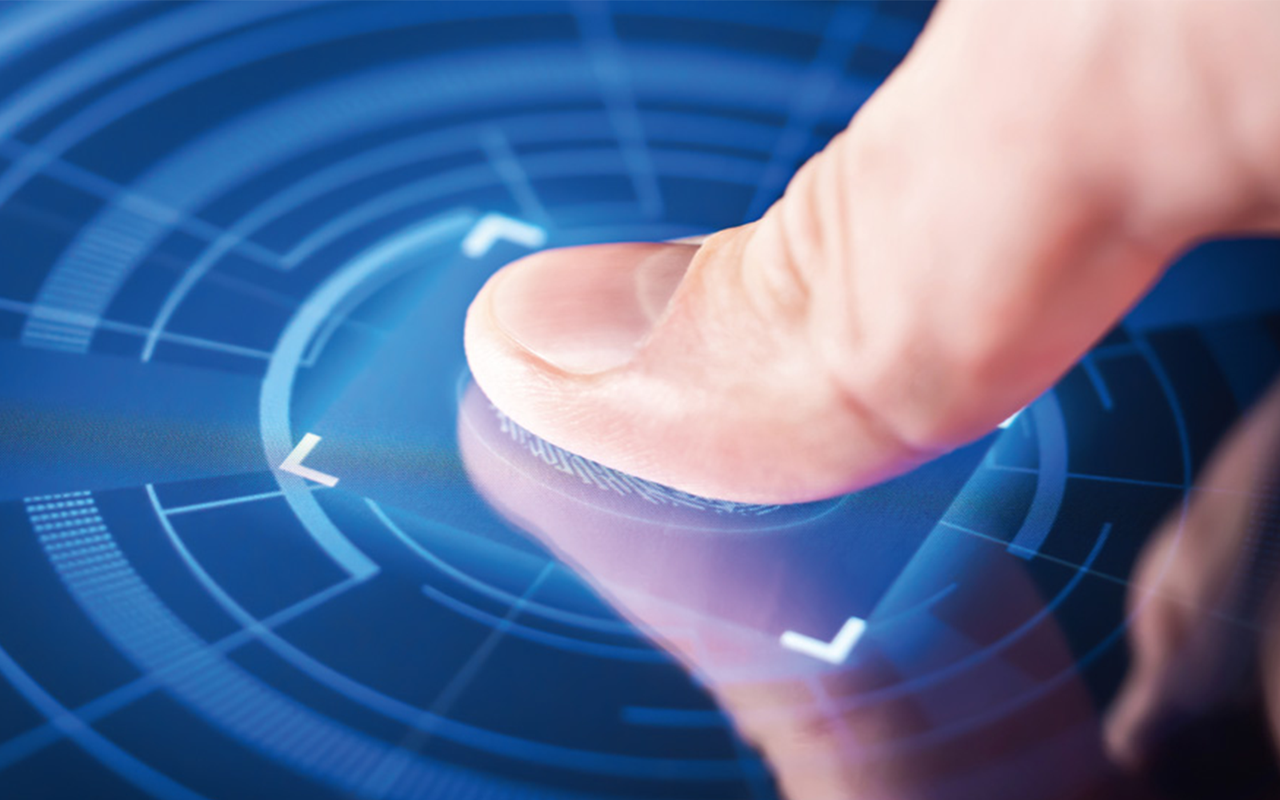
Tech Declassified: Fingerprint Scanner
Follow Us:
3,894 views
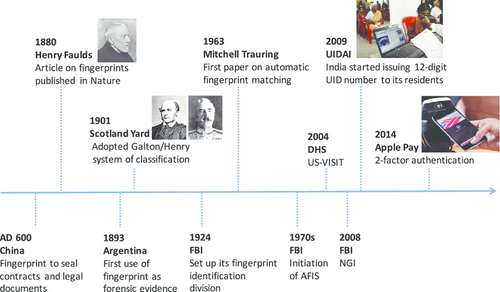
Fingerprint scanners were first introduced in the late 19th century by Sir Francis Galton, who was the first to recognize that fingerprints could be used for identification purposes. Since then, fingerprint scanners have been used in various applications such as criminal investigations and background checks. Early fingerprint scanners were mainly used in law enforcement, and they were primarily optical scanners that required a high-resolution image of the fingerprint to match it against a database.
Types of Fingerprint Scanners:
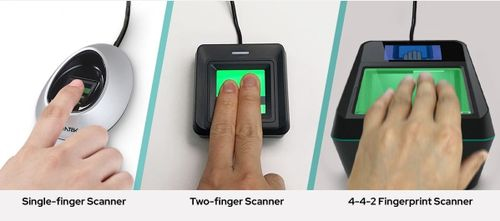
There are several types of fingerprint scanners available today, ranging from traditional optical scanners to advanced capacitive scanners. Optical scanners use light to capture a digital image of the fingerprint and are relatively inexpensive compared to other types of scanners. Capacitive scanners, on the other hand, use a small electrical charge to detect the ridges and valleys of the fingerprint, resulting in a more accurate and reliable image.
Evolution of Fingerprint Scanners:

Over the years, fingerprint scanners have evolved significantly, becoming more advanced and user-friendly. One significant development in the evolution of fingerprint scanners has been the integration of artificial intelligence (AI) technology, which has improved the accuracy and reliability of the scanners. AI algorithms can recognize and analyze the unique features of a fingerprint more effectively, resulting in a more accurate match against a database.
Another significant development in the evolution of fingerprint scanners is the integration of mobile technology. Today, many smartphones and tablets come equipped with built-in fingerprint scanners, which can be used to unlock the device or authenticate payments. This technology has made fingerprint scanning more accessible and convenient for everyday users, contributing to the widespread adoption of fingerprint scanning technology.
Future of Fingerprint Scanners:

The future of fingerprint scanning technology is promising, with many new developments on the horizon. One of the most exciting advancements is the development of 3D fingerprint scanning, which captures a three-dimensional image of the fingerprint, resulting in a more accurate match. This technology has the potential to revolutionize the way fingerprint scanning is used in various
Latest News



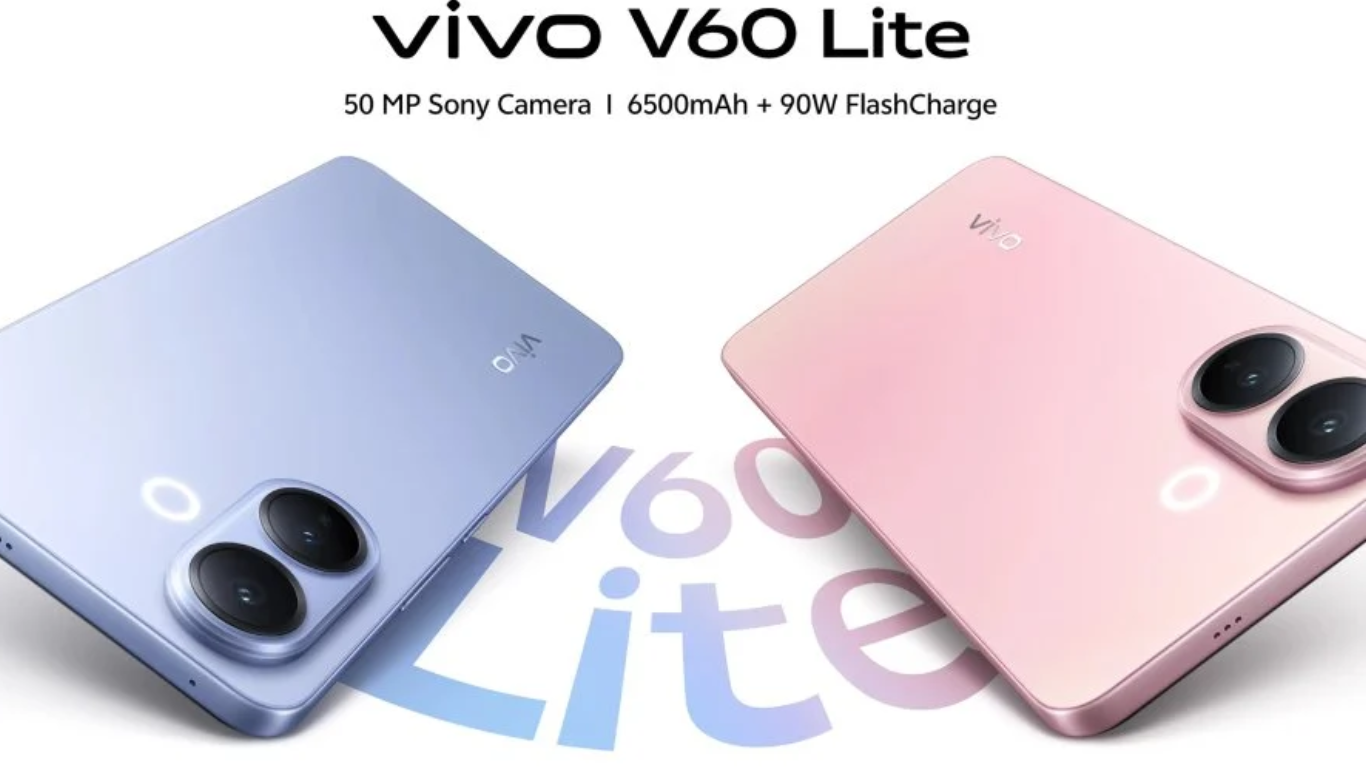
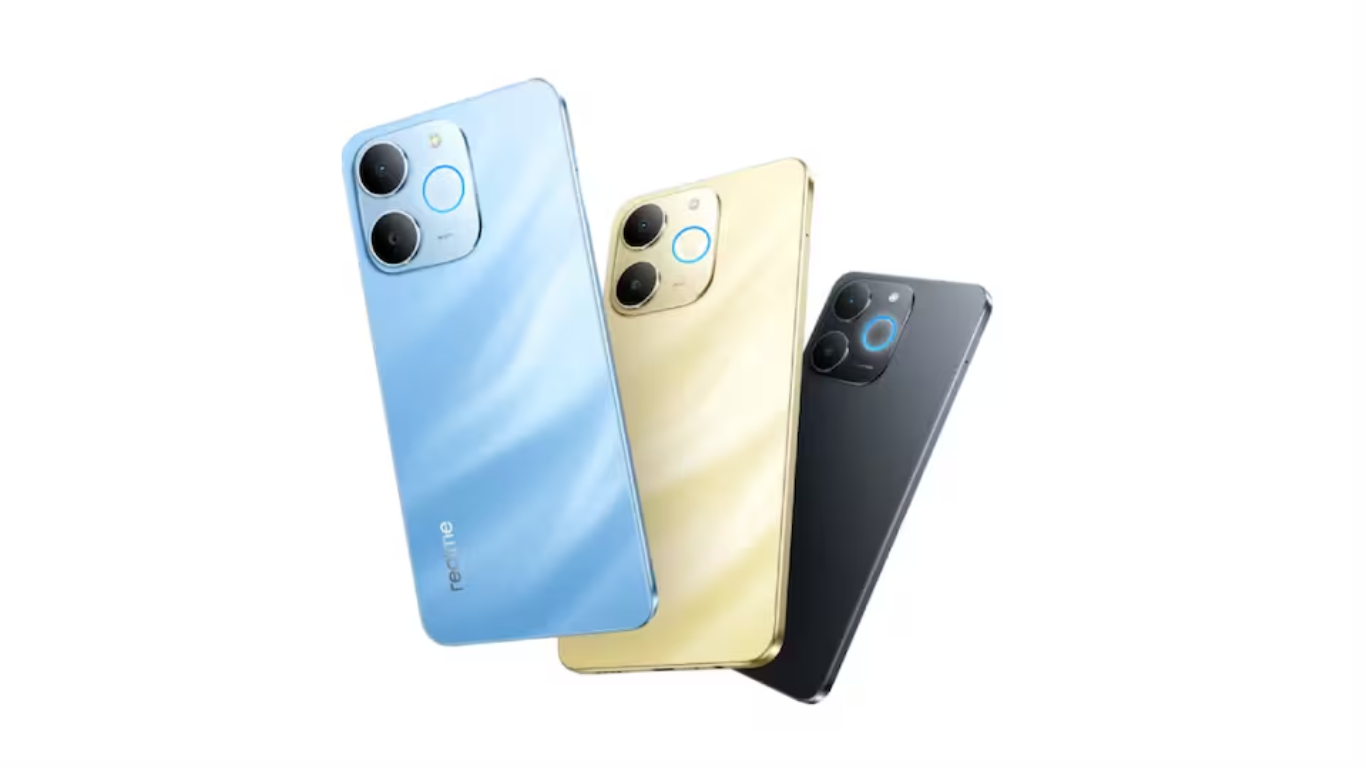
Reviews & Guides
View All

Asus Zenbook 14 UM3406G Review: All New Thin and Light Ai Laptop

Nothing Phone 3a Community Edition First Impressions: A Fresh Take on Budget Smartphones

Realme P4 Power 5G First Impressions: Massive Battery and Power

Brother MFC-J5855DW Printer Review 2026: Features, Specs, Performance

Budget vs Premium Washing Machines in India 2026: Key Differences

Inverter vs Non-Inverter AC: Which One Is Better for Indian Homes in 2026?

Oppo K14x 5G vs Realme Narzo 90x 5G vs Redmi 15 5G: Price and Specifications

Best Smartphones Under 60,000 in India 2026







